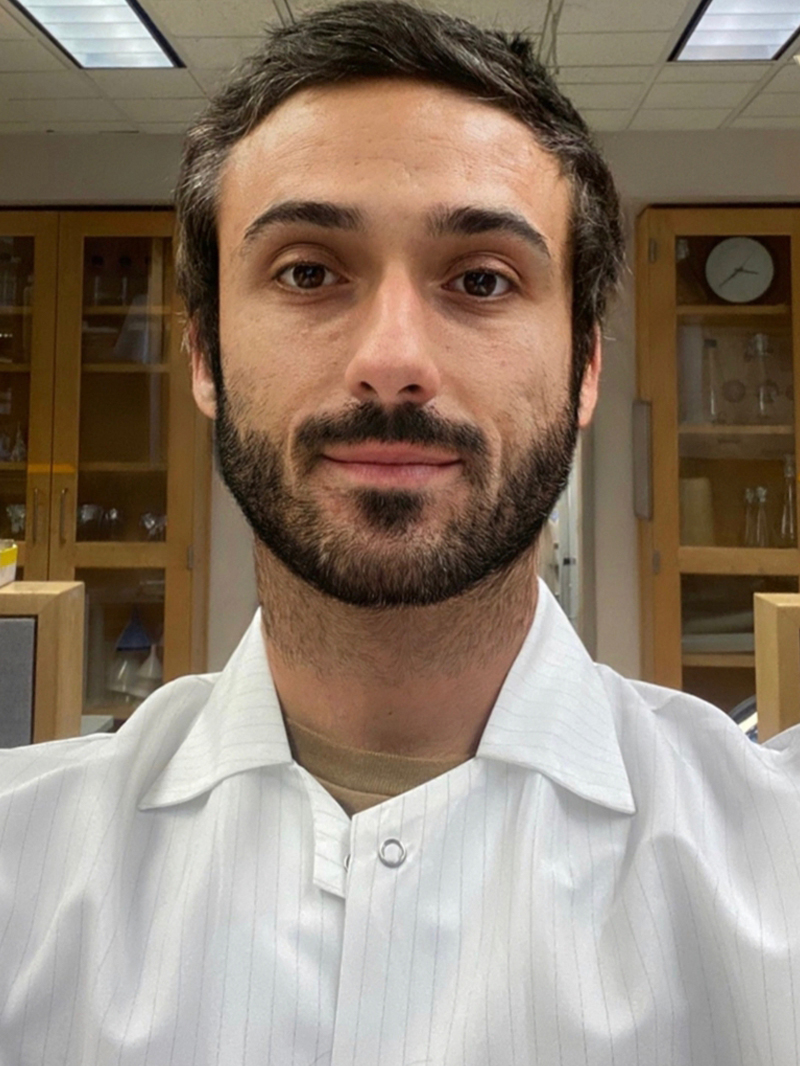Marco De Giovanni, 2023

“Investigating the role of GPR35 in the regulation of mucosal immunity”, 2023
Who he is
Marco De Giovanni is an immunologist with specialized expertise in host-pathogen interactions, immune cell migration and G protein-coupled receptors (GPCRs). He obtained his PhD from the Università Vita-Salute San Raffaele in Milan, Italy, in 2018, under the guidance of Professor Matteo Iannacone. Following this, he pursued postdoctoral training in Professor Jason Cyster’s lab at the University of California San Francisco and the Howard Hughes Medical Institute (USA). In 2023, he was awarded the Career Development Award, which allowed him to establish his independent research laboratory at the San Raffaele Scientific Institute in Milan.
What he does
Marco De Giovanni’s research program centers around investigating the role of GPCRs and homing molecules in the regulation of immunity. His lab employs advanced techniques such as ex vivo and in vivo imaging, spatial proteomics/transcriptomics, photoactivation, gene editing, and in vitro assays to study how GPCRs shape immune responses in steady-state conditions and during infections or cancer. During his PhD, his work contributed to a greater understanding of the spatiotemporal mechanisms involved in antiviral T cell differentiation (De Giovanni et al., Nat. Imm 2020), and to develop a cutting-edge technique for spatial reconstruction of immune niches (Medaglia*, Giladi*, Stoler Barack*, De Giovanni* et al., Science 2019). During his postdoctoral training, he shed light on the function of the orphan receptor GPR35, a promising clinical target in the context of inflammatory bowel diseases, respiratory infections, and cancer. Specifically, his research demonstrated that GPR35 acts as a pro-migratory receptor that supports neutrophil migration in response to the serotonin metabolite 5-HIAA (De Giovanni et al., Cell 2022). With the support of the Career Development Award, Marco De Giovanni aims to delve deeper into the role of GPR35 in regulating airways and intestinal immunity.


